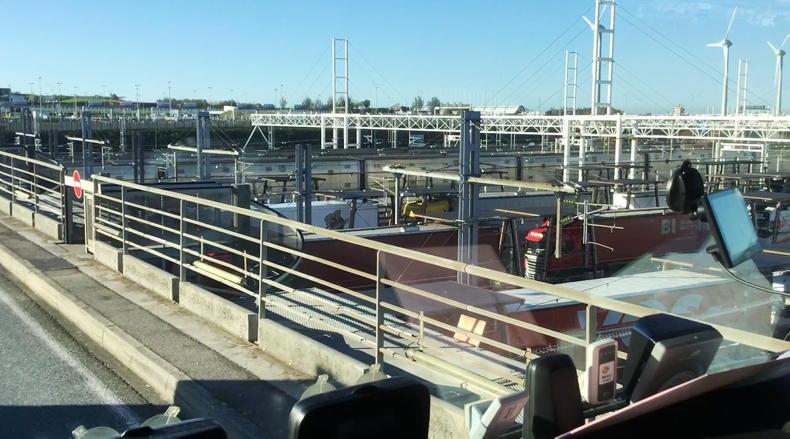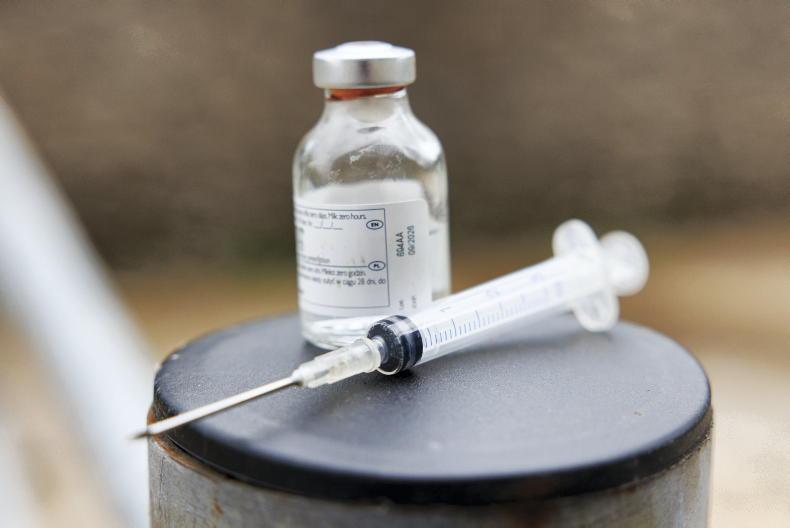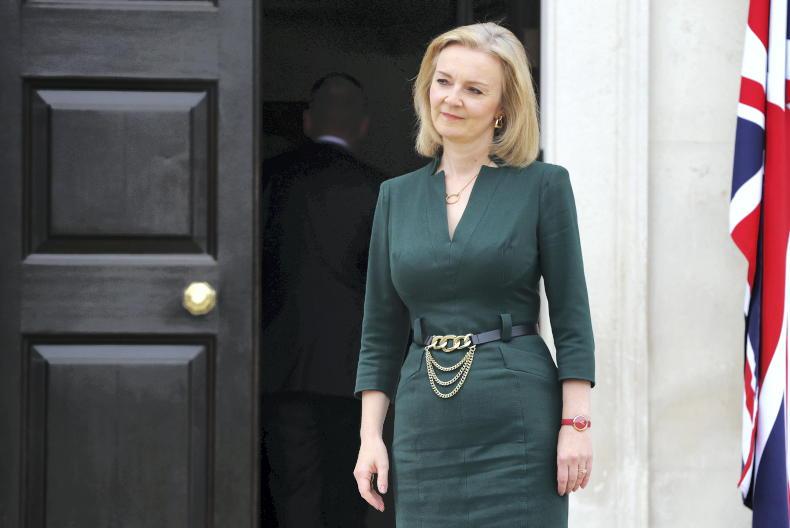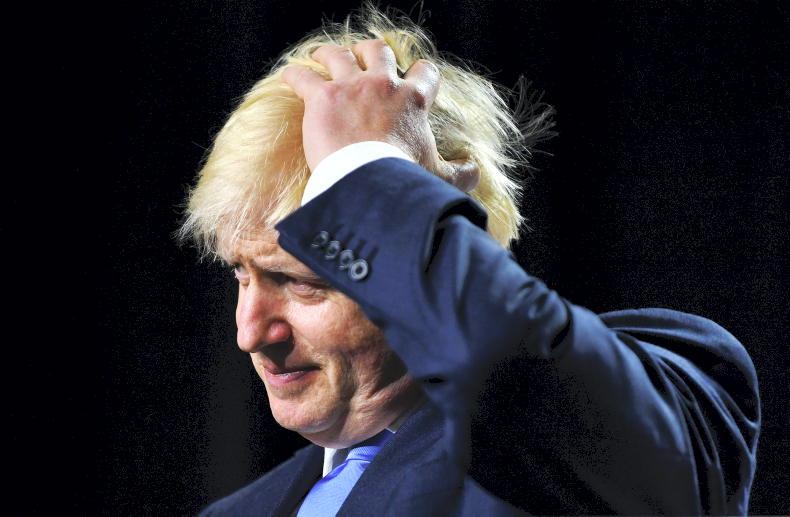As the first year of the UK being outside the EU single market and customs union draws to a close, farmers will be forgiven for thinking that Brexit was much fuss about nothing.
The fact that all sectors of farming enjoyed such a good year after a sluggish start seems to suggest that rather than being a negative, Brexit was a positive.
The truth of course is that in 2021, Brexit had zero impact on farmgate prices.
The driver of prices in Ireland was shaped by the combination of consumer demand for agri produce increasing with the pandemic disrupting normal life and reduced supply in some parts of the world.
A third factor has been the continued growth in demand from China for meat and dairy products, even though this slowed down in 2021 and actually reversed from recent highs for pigmeat.
Delay in UK border controls
As well as a rising market in Britain, Irish farmers and exporters benefited greatly from the UK decision to twice defer introduction of border controls and then exclude Ireland from their introduction on 1 January for notification and 1 July for certification pending the outcome of protocol negotiations.
The EU introduced these on 1 January 2021 and they have caused several problems for British exporters of animal and plant origin goods that required a manually produced certificate.
They will generate a huge volume of additional paperwork when the time comes
Irish exporters are familiar with these for exports outside the EU, but they will generate a huge volume of additional paperwork when the time comes.
The biggest impact in Ireland during 2021 was on imports from Britain rather than on exports to Britain.
Trade routes have changed, with a substantial drop in cargo coming into Ireland through Dublin Port and a surge in traffic through Rosslare - the volume of freight is up 55% and traffic to the continent is up 360%.
The number of direct sailings to continental ports has multiplied during 2021, with new routes opened to Dunkirk and Le Harve, plus an increase in capacity on existing routes.
Adaptability
This is a practical demonstration of how business adapts to deal with whatever trading circumstances they find themselves in. Business will find the route of least resistance, even if all routes have more obstacles than when the UK was part of the single market and customs union.
Farmers are in a less adaptable position. Markets for Irish agri produce have evolved over centuries and the natural fit has been that the first destination has been Britain.
That is because we have to export our surplus production and they have to import to meet the deficit created by the fact they consume more agri produce than they produce. It is a natural fit.
However, in addition to the additional bureaucracy of the post-Brexit age, there is also the issue of UK trade agreements, which gives the same access to New Zealand and Australia - in the first instance - as currently enjoyed by EU member states.
This will, in time, create additional supply and be serious competition for Irish produce in Britain. Currently, 80% of UK beef import requirements are supplied from Ireland. This will become a competitive space by the middle of this decade.
There is no Brexit benefit for Irish farmers and, so far, the damage hasn’t materialised in the way that it would have if a trade deal hadn’t been agreed between the EU and UK.
That was welcome in 2021, but as we look to the rest of the decade, Brexit will have an impact on Irish agriculture - the only question is how big that will be.









SHARING OPTIONS